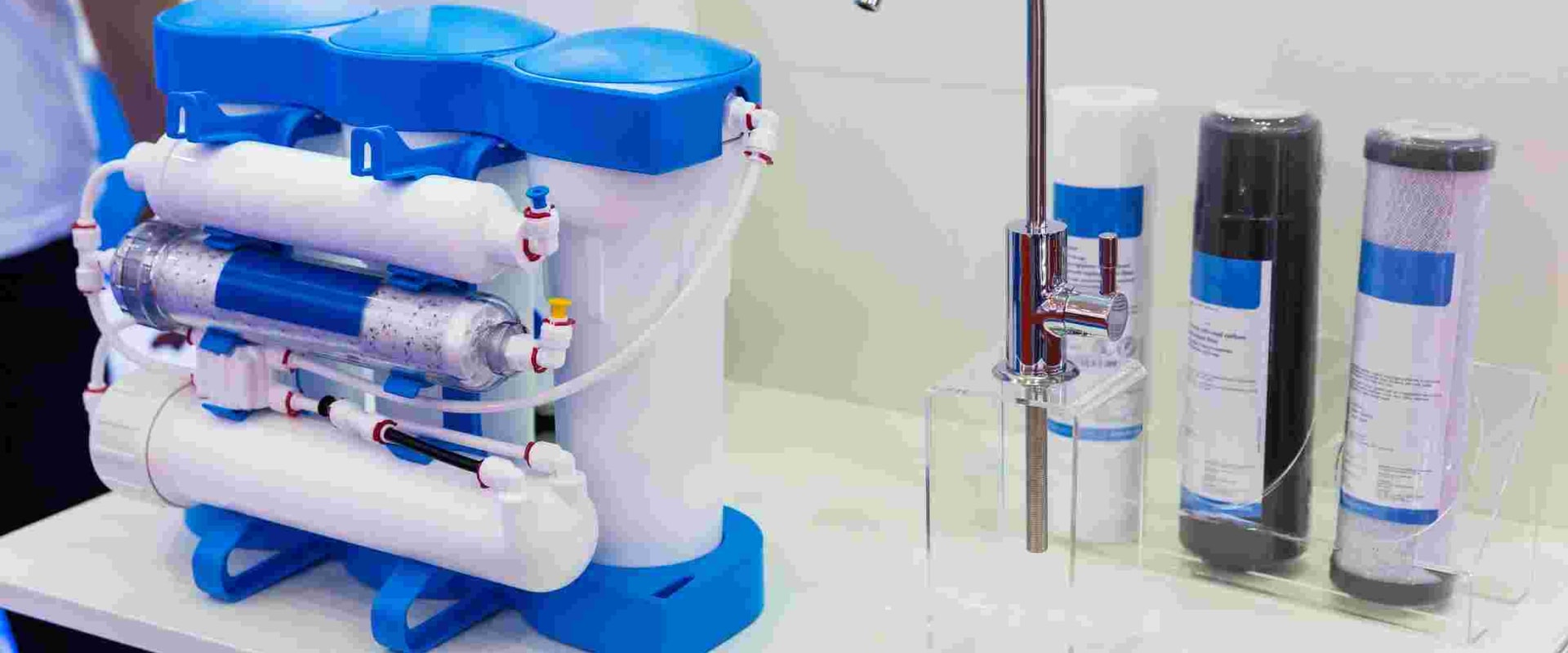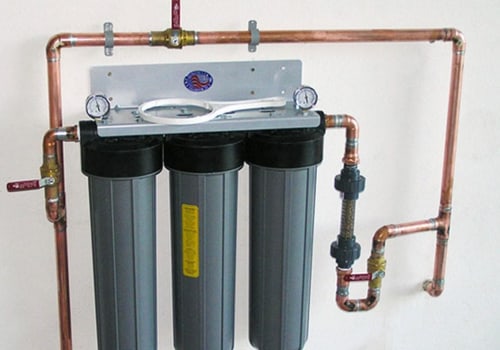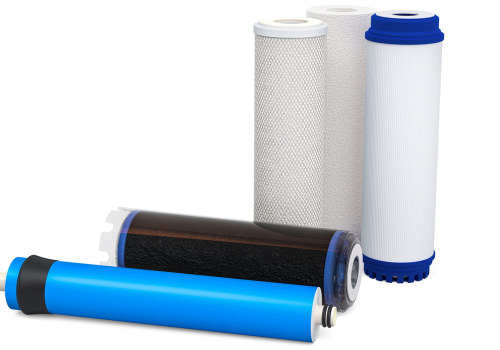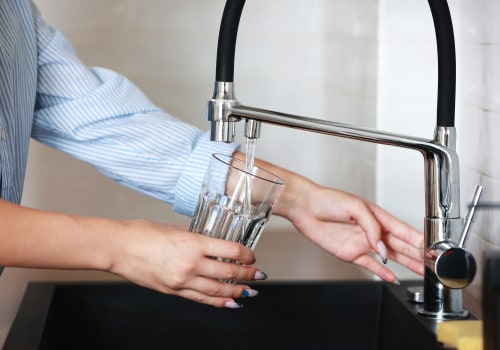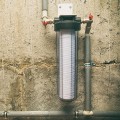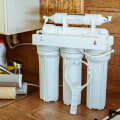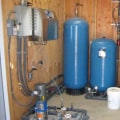When it comes to water filtration, there are two main options: water filters and water purifiers. While both work to remove impurities from the water, they do so in different ways. Generally speaking, a water filter is designed to eliminate protozoa and waterborne bacteria, but not viruses. A water purifier is designed to eliminate protozoa, bacteria and viruses, offering a higher level of defense.
Like filters, water purifiers use processes such as UV treatment, distillation, deionization and reverse osmosis to remove contaminants from the water. However, purifiers focus on removing biological contaminants from water with the help of iodine or chlorine. As a result, they can achieve a purity of up to 99%.In addition to whole-house systems, there are also drinking water filters that can be placed on the countertop, refrigerator and under the sink. Reverse osmosis works much like a filter, but instead of using means that capture contaminants, it causes all water particles to cross a very small semipermeable membrane.
Some whole-house water filters use a massive, ultra-dense carbon block to provide superior filtration than granular media. Shower water filters promote healthier skin and hair by reducing chlorine and synthetic chemicals that can cause damage and overdrying. Drinking water filtration systems can remove most contaminants depending on their size, electrical load and other characteristics. On the contrary, others leave hot water after purification, and some are unsightly enough to turn a sink into a clumsy monstrosity. When it comes to choosing between a filter and a purifier, it's important to understand the differences between them. Water filters are designed to eliminate protozoa and waterborne bacteria, but not viruses.
On the other hand, purifiers are designed to eliminate protozoa, bacteria and viruses, offering a higher level of defense. In addition, purification involves processes such as UV treatment, distillation, deionization and reverse osmosis. You can think of purifiers as more rigorous filters. In terms of whole-house systems, most use a sediment pre-filter that captures sediment, silt, sand, clay, rust and other debris. The water then passes to the 6% copper and zinc mineral stone to filter chlorine and water-soluble heavy metals and form encrustations and inhibit the growth of bacteria and algae. If you are looking for more information about a water filter and a water purifier, it's important to understand the differences between them in order to determine which one is best for you.
In addition, purification involves processes such as UV treatment, distillation, deionization and reverse osmosis. When it comes down to it understanding the differences between these methods is key in order to determine which one is best for you. Water filters are designed for eliminating protozoa and bacteria while purifiers offer an extra layer of protection by eliminating viruses as well. In addition purification involves processes such as UV treatment distillation deionization and reverse osmosis.
